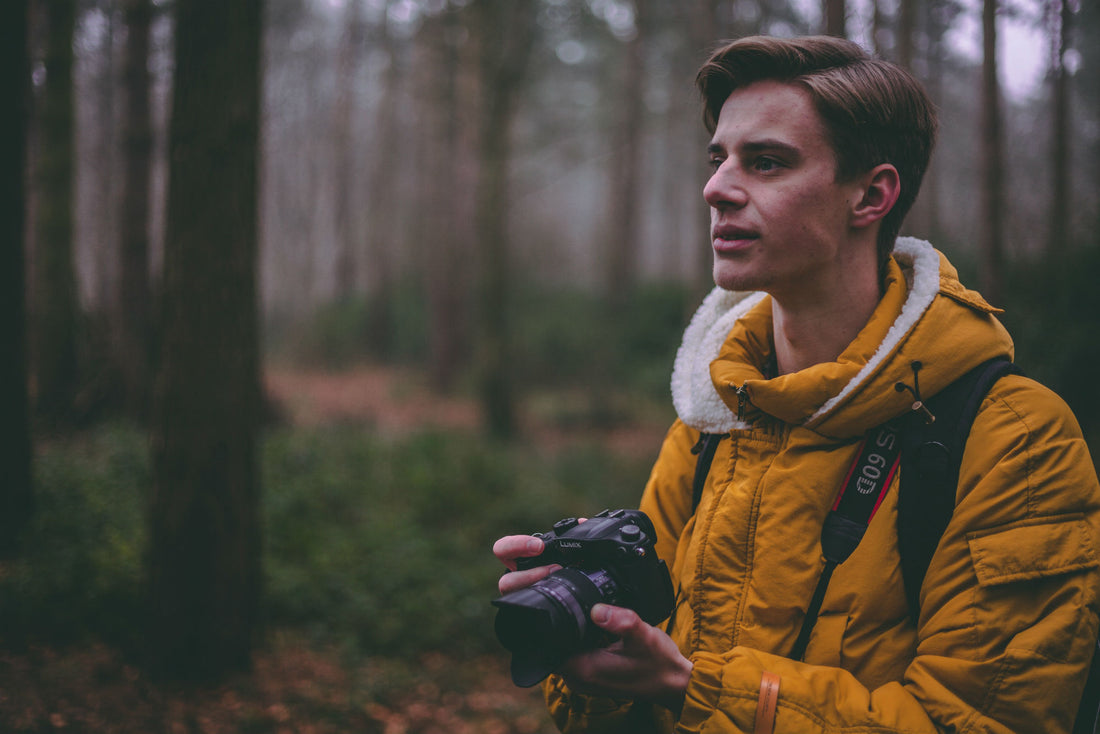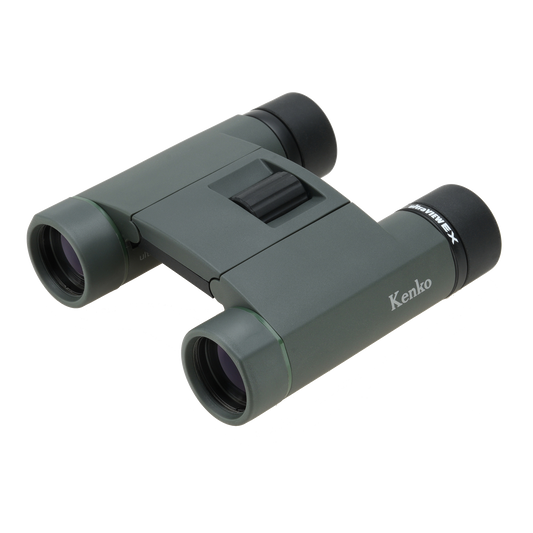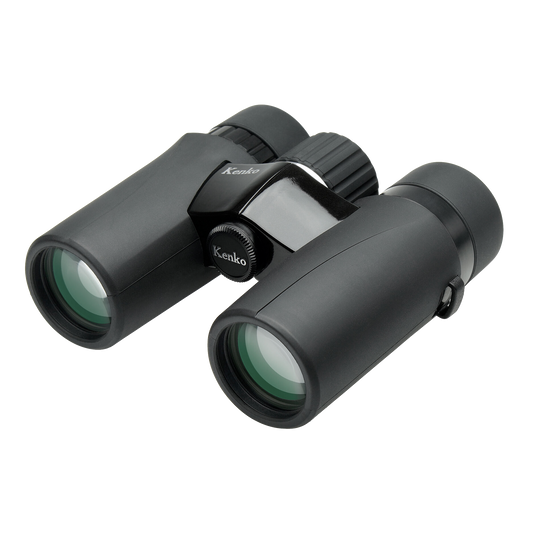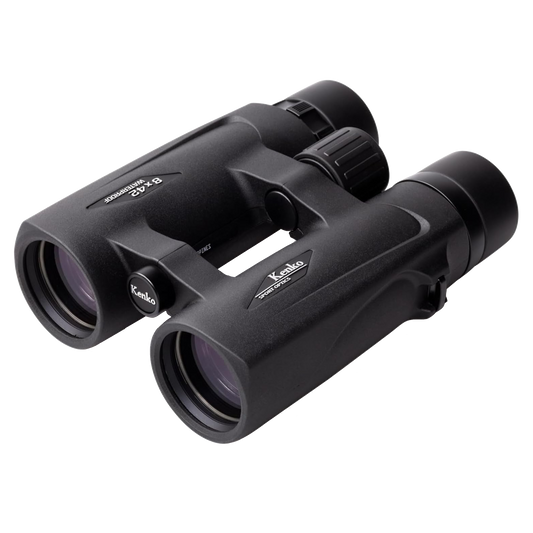
4 Ways You Can Improve Your Photos This Weekend
 Photo by Thom Holmes on Unsplash
Photo by Thom Holmes on Unsplash
Improving your photography isn't something that has to be a long, drawn-out process.
Sure, time, patience, and lots of practice will certainly help, but that doesn't mean that there aren't quick and simple things you can do this weekend that will improve your ability to take a great photo.
Let's have a look at four ways you can improve your photography before the weekend is over.
Focus on Composition
 Image Credit: m-gucci via iStock
Image Credit: m-gucci via iStock
First and foremost, what sets professional photos apart from amateur photos is often an eye for composition.
The placement of the subject in the frame, having a strong subject to attract the viewer's eye, and understanding how to utilize tricks like leading lines to create depth in the shot will do tons of good for your photos.
Additionally, being aware of how changing the perspective from which you shoot impacts the look and feel of the image is important if you want to boost the quality of the photos you take.
So, this weekend, be purposeful about not taking photos from your eye level. Instead, get low-angle and high-angle shots that offer the viewer a different take on the subject.
You'll find that by practicing simple composition tips like these that you end up with more unique and dynamic photos.
Learn More:
Upgrade Your Lens
 Photo by ShareGrid on Unsplash
Photo by ShareGrid on Unsplash
One of the smartest things you can do as a photographer is invest in a high-quality lens.
Why?
More than any other piece of gear you have, your lens has the most responsibility for how an image looks.
Sure, your camera does a lot of work, but you can take better photos with an old or cheap camera paired with a really great lens than you can with a high-dollar camera and a cheap lens.
High-quality lenses have better optics, better construction, improved durability, better performance in low-light conditions, wider apertures, and the list goes on and on.
 Image Credit: stockvisual via iStock
Image Credit: stockvisual via iStock
If, for example, you're still rocking the kit lens that came with your camera - likely something along the lines of a 18-55mm f/3.5-5.6 - consider buying a 24-70mm f/4. Better still, try a 24-70mm f/2.8.
In either case, the wider maximum aperture enables you to get better shots in low-light situations. What's more, the wider aperture allows in so much more light that you can use faster shutter speeds. This means you can more readily freeze motion, even when the light isn't ideal, and you can shoot handheld with less worry of camera shake.
But don't buy a new lens - that will cost you an arm and a leg.
Instead, there are plenty of websites - Lensfinder, for example - where you can peruse used lenses and get great deals on high-quality glass that has a lot of life left in it.
The nice thing about sites like Lensfinder is that everything is self-contained - you can communicate with sellers right on the website, pay for your purchase, and even leave feedback once the transaction is complete.
And since Lensfinder is specifically for buying and selling used lenses, you don't have to sift through a million listings that have nothing to do with what you're looking for, as is often the case on eBay and Craigslist.
Buying used can save you a ton of money, too, so you might even be able to get a couple of used lenses (maybe a good zoom and a prime!) for what you'd pay for one brand-new lens.
If that doesn't sound like a good deal, I don't know what does!
Learn More:
- What to Consider When Buying a New Camera Lens
- The Best Camera Lens for Under $500 - and Why You Need One
Get a Polarizing Filter
 Photo by Carmine Savarese on Unsplash
Photo by Carmine Savarese on Unsplash
After you snag a great deal on a lens, you should get a high-quality lens filter to put on the end of it.
And of all the filters you can get, a polarizer is the best one, especially if you shoot landscapes.
In just one filter, you get all of these benefits:
- Reduced glare off of non-metallic surfaces like water
- Enhanced contrast in the sky with a deeper blue atmosphere and brighter white clouds
- Minimize atmospheric haze, so objects far away appear crisper and more defined
But like lenses, not all filters are made alike, so buying a cheap one won't do you any favors.
That doesn't mean that all high-quality filters are expensive - just consider Kenko Puro Polarizing Filters as a prime example.
These Japanese-made filters have an exclusively formulated multi-coating that resists water, dust, and oils. Not only does that mean a cleaner shot, but it also means less damage over time to the filter itself.
The filter shown above also has a SLIM ring for mounting to the lens, which has a minimized profile to prevent vignetting, even on wide-angle lenses.
 Image Credit: Dimitris66 via iStock
Image Credit: Dimitris66 via iStock
There's no reason to buy a better lens and put a bargain-basement filter on it - the poorly constructed glass of a bad filter will negate any gains you make with the better lens.
Instead, purchasing a top-of-the-line filter like a Kenko Puro Polarizer will allow you to reap the benefits of a meticulously designed and constructed filter.
As far as improving your photography in short order, it's tough to top what a good polarizer can do!
Learn More:
- Beginner Photography Mistakes and Tricks for Avoiding Them
- A Step-By-Step Process for Improving Your Photos
Spend Time Thinking About Why You Like Certain Photos
 Image Credit: Bearinmind via iStock
Image Credit: Bearinmind via iStock
One of the easiest things you can do to help advance your photography is to spend some time looking at other people's photos.
And I don't just mean taking a cursory glance at them, either...
Instead, really focus on what it is about certain photos that you like. Is it the lighting? The colors? The subject matter?
Maybe you like how the photo was edited. Perhaps the perspective is what interests you.
The point is that by taking a deep dive into other people's images, a couple of things happen for you.
 Image Credit: PeopleImages via iStock
Image Credit: PeopleImages via iStock
First, you begin to develop your creative eye and notice things about photos that you might like to try or might make your photos look better.
Second, you develop a critical eye as well. In addition to discovering what you like, you'll also find plenty of things you don't like.
In the end, this will all help you grow as a photographer because you'll discover what you should and shouldn't do with your own photos.
Give these four things a shot this weekend. You might just find that it opens you up to all kinds of new creative photography possibilities!
Learn More:
Originally posted on PhotographyTalk.com






